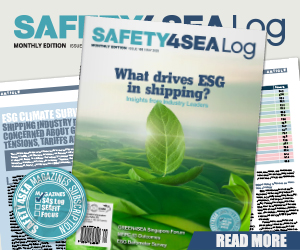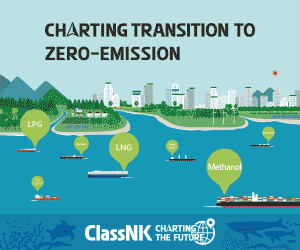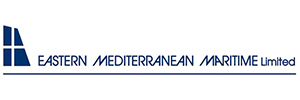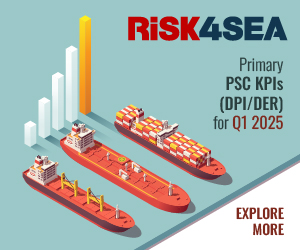Tensions in the Middle East have risen significantly, raising concerns about potential escalations in military activity that could disrupt shipping through key waterways like the Gulf, the Gulf of Oman, and the Straits of Hormuz, according to the UK Maritime Trade Operations (UKMTO).
The UKMTO has issued an advisory urging vessels to exercise caution while navigating these areas, although it did not specify the exact nature of the heightened tensions. According to Reuters, the United States and Iran are expected to hold talks this week on Iran’s nuclear programme. Washington has threatened to take military action if the talks fail, and Iran said on Wednesday it could strike U.S. bases in the region if conflict arises.
UKMTO MSCIO JMIC – ADVISORY 021-25https://t.co/JywUOrs5GV#maritimesecurity #marsec pic.twitter.com/FyPnuxvsAk
— UKMTO Ops Centre (@UK_MTO) June 11, 2025
Meanwhile, experts cited by Reuters say that Israel-affiliated shipping is at heightened risk due to the possibility of reciprocal military actions, and U.S. vessels and cargoes could also face increased danger if the U.S. intensifies support for Israeli operations.
A major conflict involving Israel, the U.S., and Iran could potentially close the Straits of Hormuz, a critical chokepoint for global oil supplies, at least temporarily, which would likely drive oil prices sharply higher and impact global shipping and security in the region. According to UNCTAD, the Strait of Hormuz is a significant maritime chokepoint for the following reasons:
- Connects the Persian Gulf with the Gulf of Oman and the Arabian Sea
- Crucial for global energy security, with a significant portion of the world’s petroleum passing through this chokepoint
- Share of global seaborne trade volume (2023): 11.1 per cent (Nightingale 2024, based on Clarksons Research Services)
- Share of global seaborne trade volume per commodity (2023): Crude oil (39 per cent); propane (31 per cent); oil products (20 per cent) and
natural gas (19 per cent)
































































